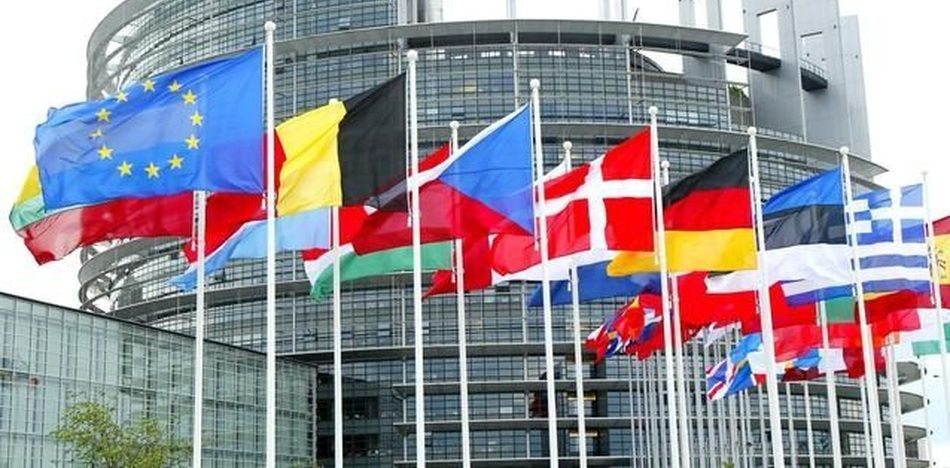
EspañolThe sanctions announced last week by the European Union against Venezuela’s regime have become official. On Monday, November 13, the regional body approved an embargo on weapons and other products used for repression purposes as a first measure to prevent violations of human rights by the dictatorship of Nicolás Maduro.
After countless petitions to the European Union, finally 28 member nations have deemed it necessary to punish Venezuelan abuses of power.
This decision opens the door to possible individual sanctions against Venezuelan officials responsible for the country’s democratic deterioration.
This first wave of sanctions prohibits the sale of weapons and repressive materials to the South American country. It also establishes the legal framework to punish individual regime officials who violate freedoms with the suspension of visas and the seizure of property.
The text also warns that the measures will be applied “in a gradual and flexible manner,” which allows for expansion or reversal in the future.
These 28 nations have already compiled a list of Venezuelan politicians who could be the first to be sanctioned. The list is still subject to change, as the European Union hopes that this will be a ultimatum for the Maduro regime.
To undo these measures, the European Union has made four demands: “The conclusion of credible and substantial negotiations [between the regime and the opposition], respect for democratic institutions, the adoption of a timeline for elections, and the release of all political prisoners.”
The text urges the Venezuelan government to “urgently restore democratic legitimacy, including free and fair elections.”
Europe now joins Canada and the United States in implementing sanctions against the Maduro dictatorship. They will go into effect on Wednesday, November 15, when negotiations between Maduro and the opposition in the Dominican Republic are expected to resume.
The president of the European Parliament, Antonio Tajani, expressed his support for the embargo. “The sanctions against the Venezuelan government are the correct decision and the path to democracy,” he said on his official Twitter account.
https://twitter.com/EP_President/status/930014585981153282
Brussels has been instrumental in the approval of these measures since last July when Maduro fraudulently imposed the National Constituent Assembly (ANC), which overruled the democratically elected National Assembly controlled by the opposition.
At that time not all member countries agreed to initiate sanctions, but they came around when regional elections were held in Venezuela and there was electoral fraud on an unprecedented level.
Donald Trump and Spanish President Mariano Rajoy were “key players” in making the embargo a reality after they announced at a press conference that they would “join forces to promote European sanctions.” The work of the European Parliament was also fundamental to this decision, after it urged member countries to sanction officials of the Maduro regime.
On September 13, the European Parliament asked the European Union to take measures against officials of the ruling party in Venezuela, and among the sanctions proposed were the freezing of assets, and barring entry to high-ranking Chavistas.
Maduro Calls Sanctions “Stupid”
On Sunday, November 12, Nicolás Maduro called the sanctions by the European Union “stupid” during his show on local television.
“This morning they told me that the European Union has some made some stupid statements against Venezula. Stupid. That’s what they are. Every day its something new. Maduro is a dictator, Maduro is this and that,” he said.
Sources: El Nacional, Infobae.
 Versión Español
Versión Español












